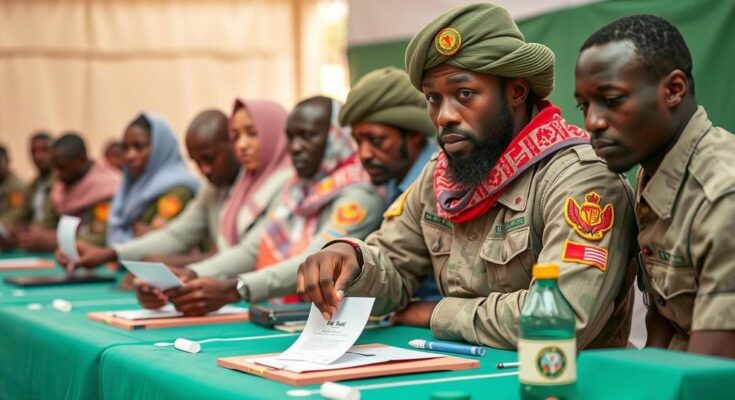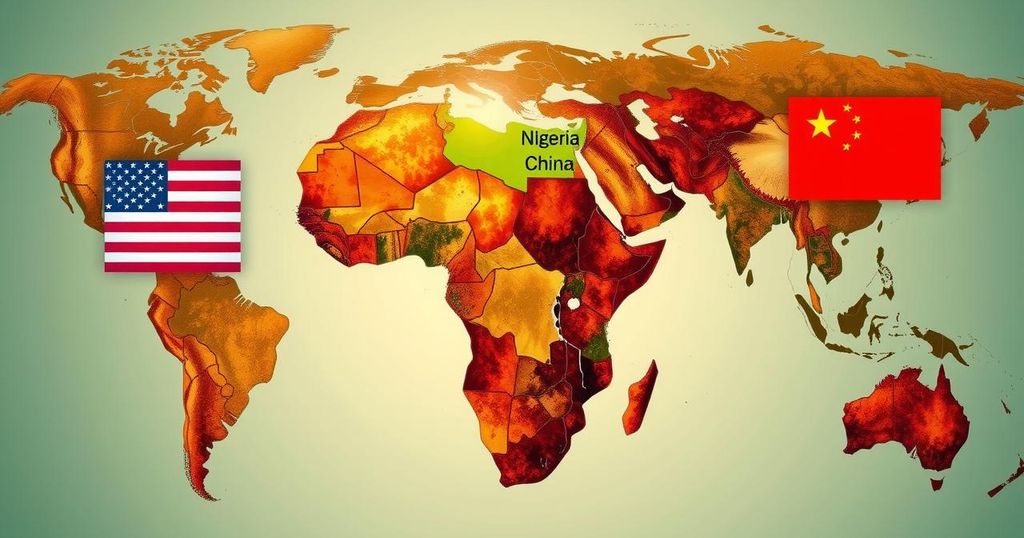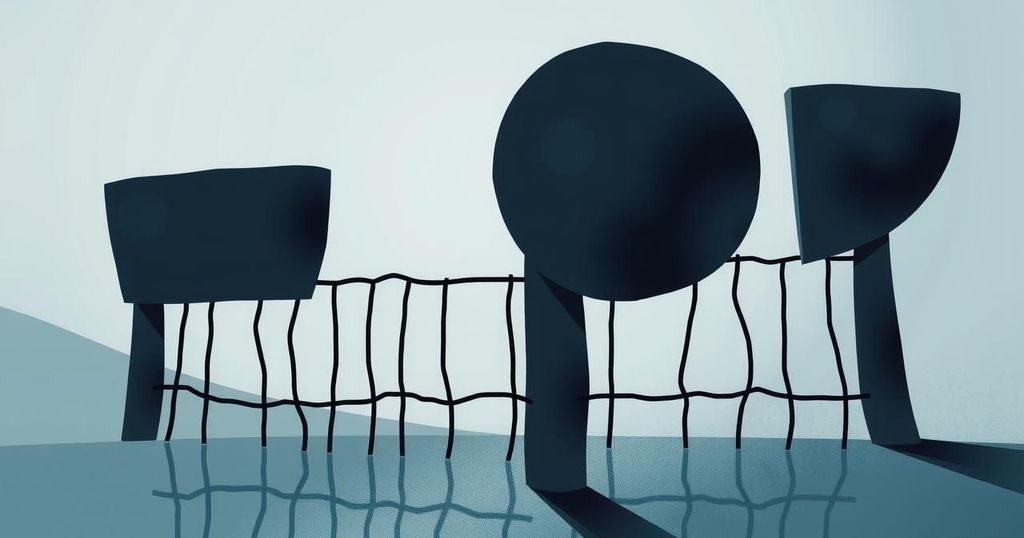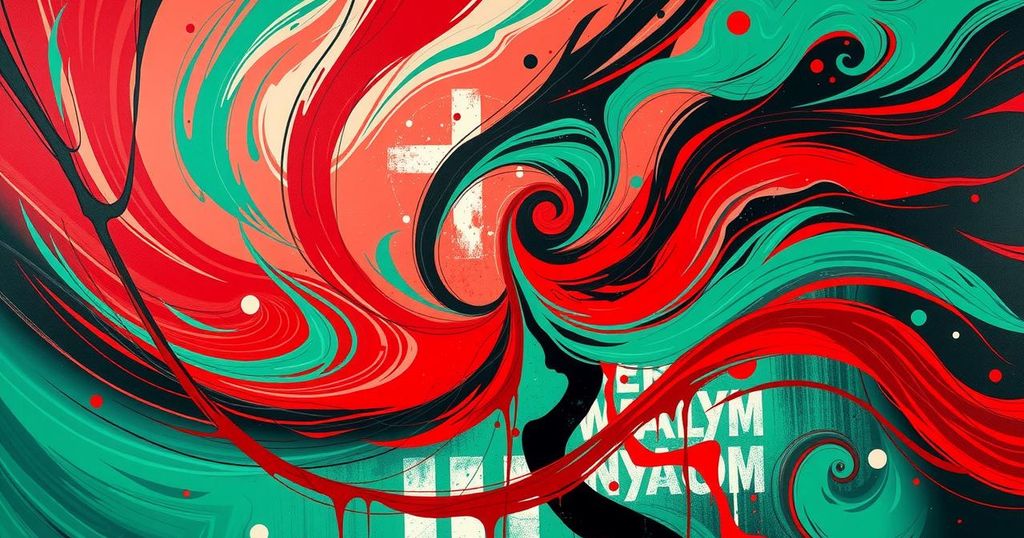In Chad, military personnel and nomads voted in general elections that are contended by opposition parties, who label the process a sham. President Mahamat Idriss Deby claims this is a step towards democracy, yet many citizens remain skeptical. Initial turnout for early voting was around 45%.
Chad conducted general elections on Saturday, during which military personnel and nomadic communities exercised their voting rights ahead of the main electoral events scheduled for Sunday. The elections, aimed at establishing a national parliament, regional assemblies, and local councils, have been described by President Mahamat Idriss Deby Itno as a significant move towards democratic governance. However, opposition parties have boycotted the elections, labeling them as illegitimate. Initial reports indicate a turnout of approximately 45% among both nomadic tribes and military members by midday.
The electoral process in Chad stands against a backdrop of political unrest and opposition dissent. President Mahamat Deby, who assumed power following his father’s death in 2021, is navigating a complicated transition after decades of authoritarian rule. The last legislative elections were held in 2011 and have faced numerous delays due to various challenges, including security threats from extremist groups, financial constraints, and the impact of the pandemic. Despite the government’s attempts to portray the elections as foundational for democracy, widespread skepticism remains prevalent among the citizenry and political factions.
In summary, the early voting of military and nomads in Chad highlights the complexities surrounding the nation’s transition to democracy. While the government emphasizes the significance of the elections, opposition sentiments reflect a deep distrust and a perception of the electoral process as a façade. As this election unfolds, the public’s response and subsequent developments will likely have lasting implications for Chad’s political landscape.
Original Source: www.barrons.com




